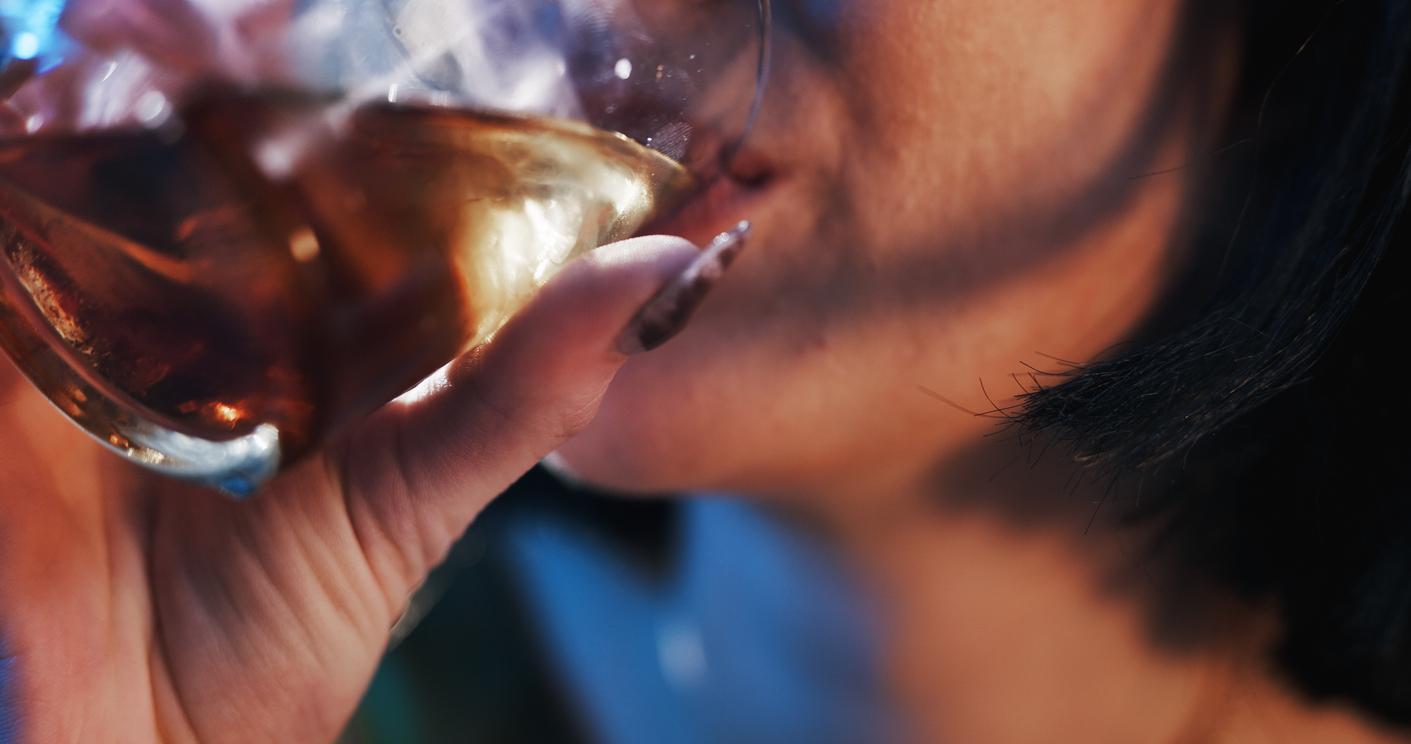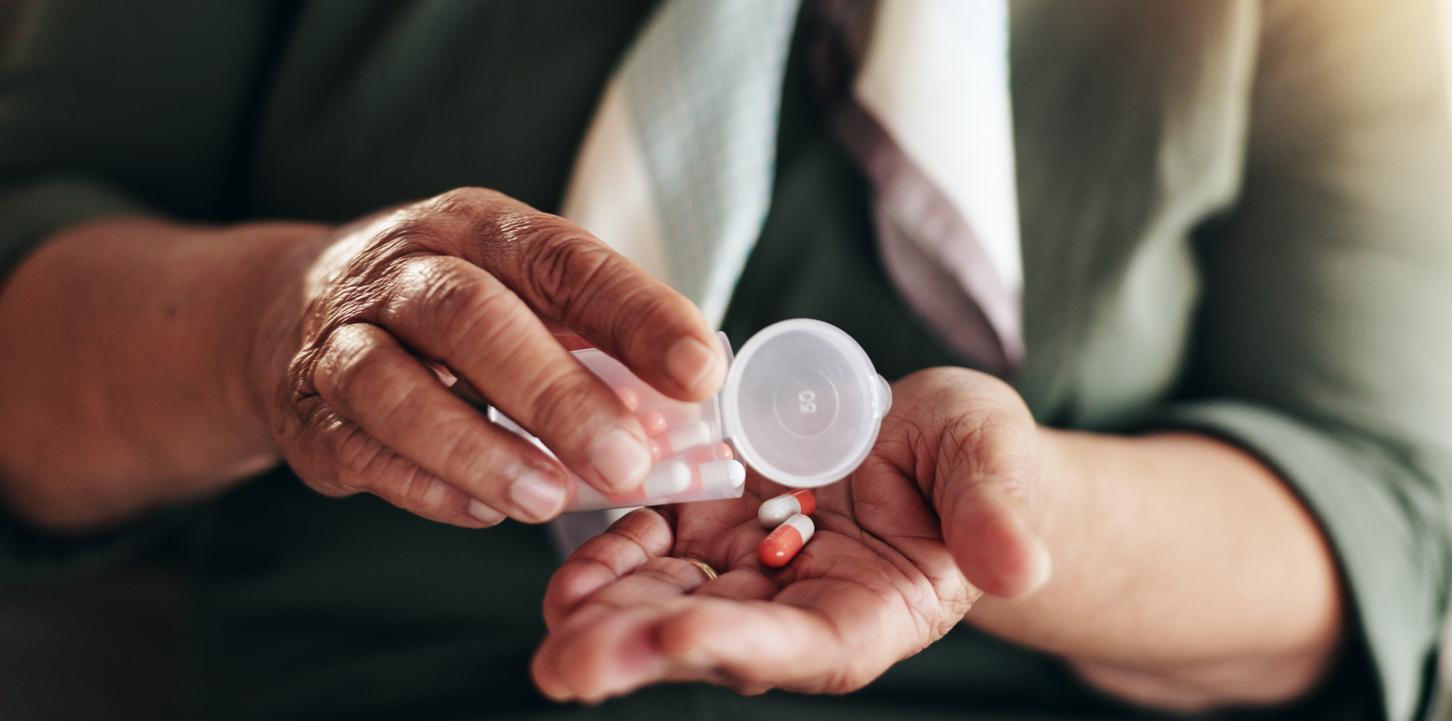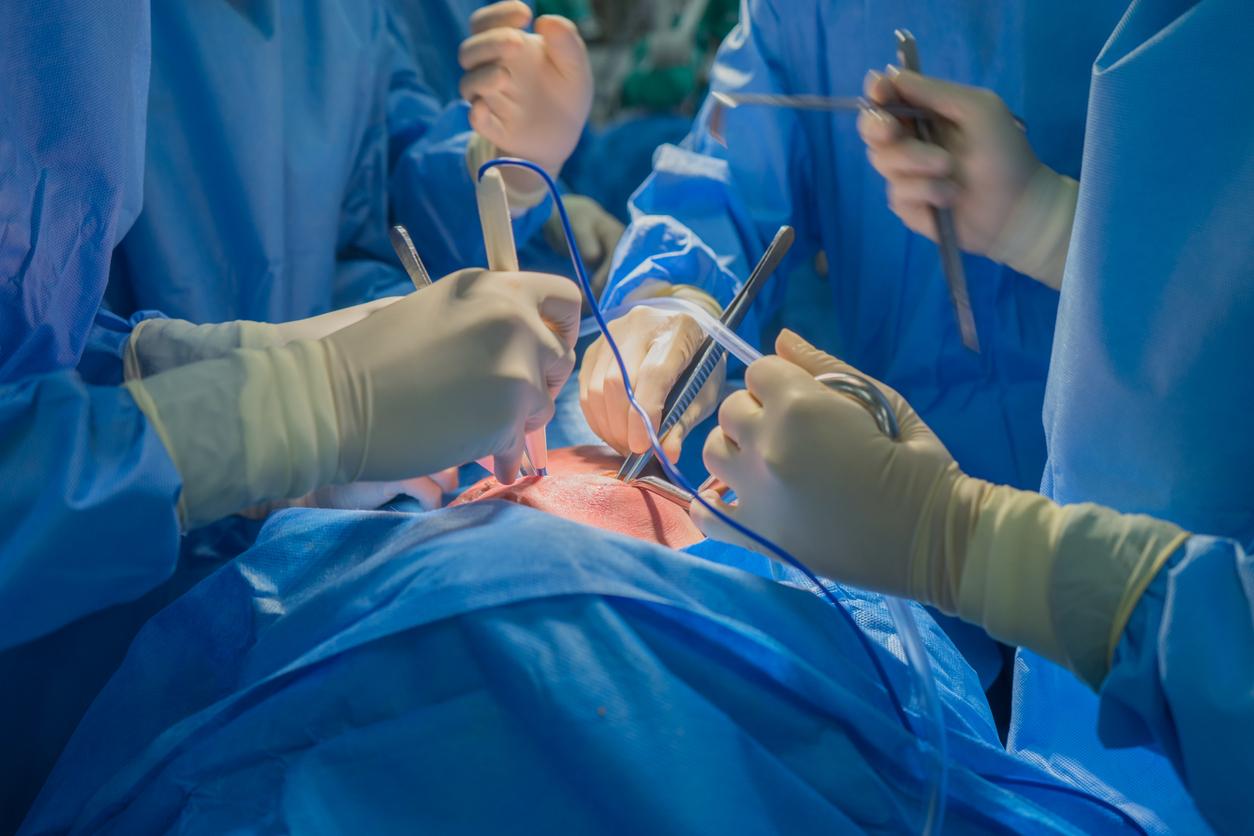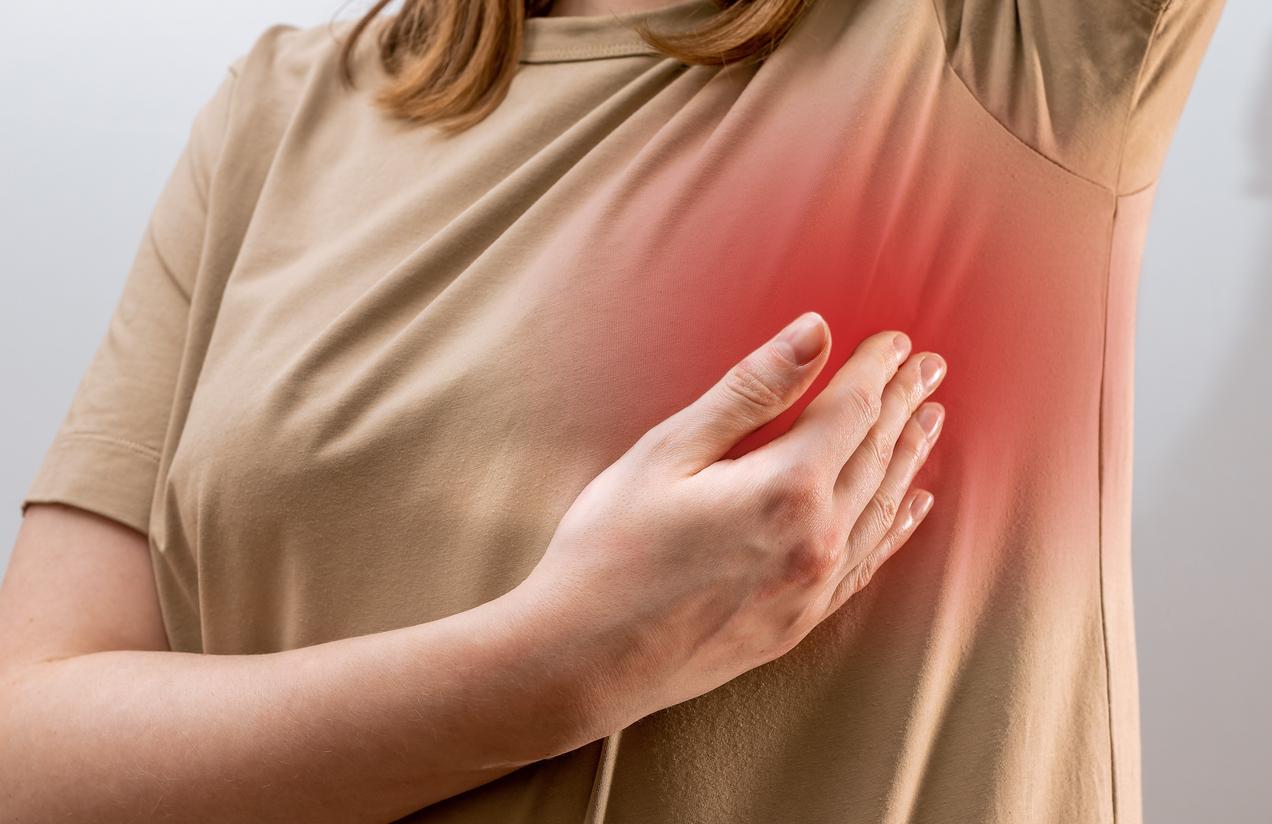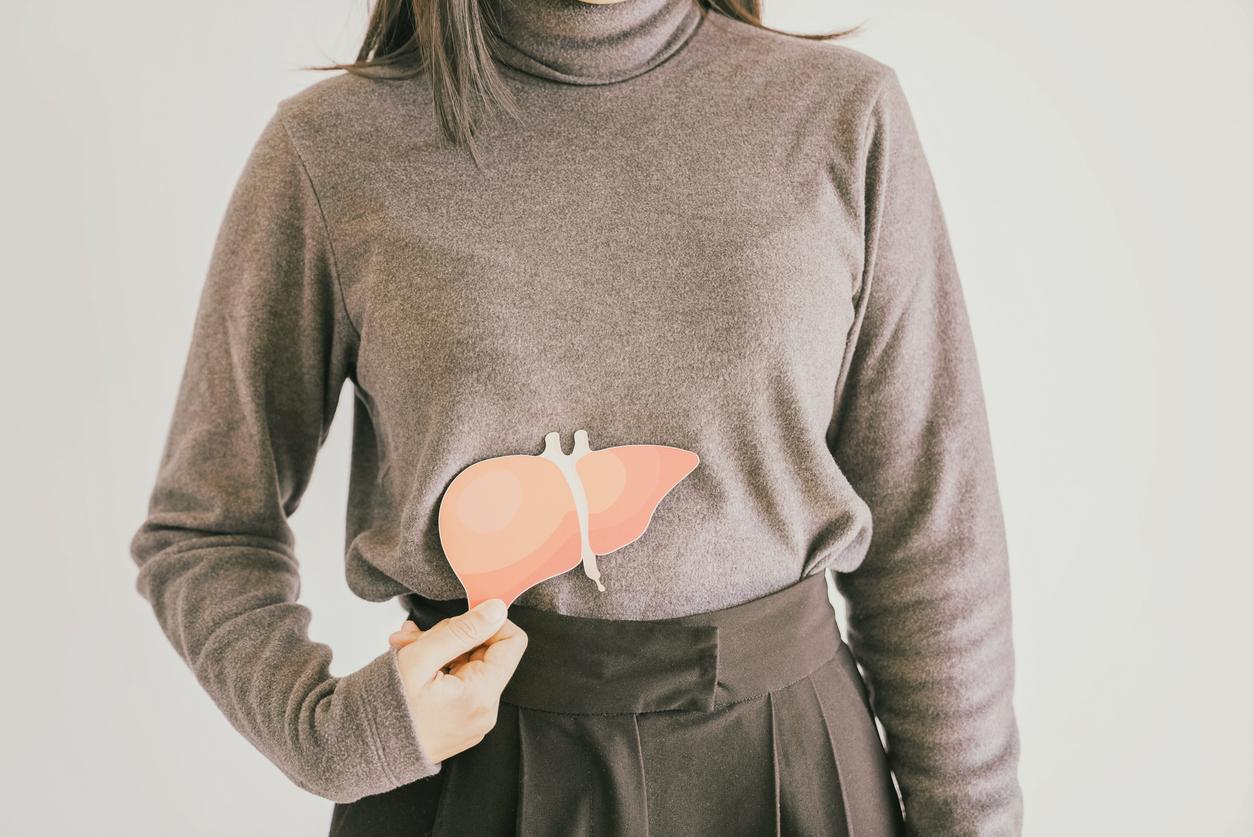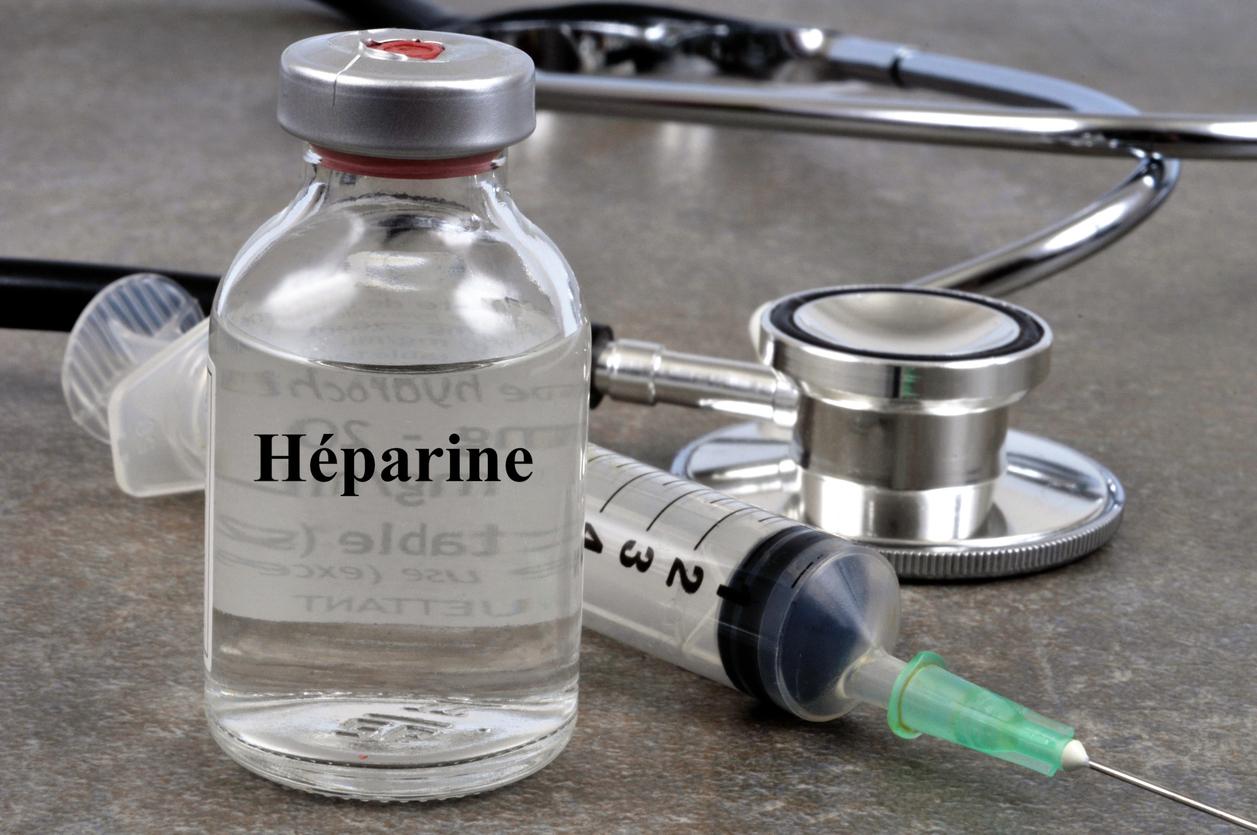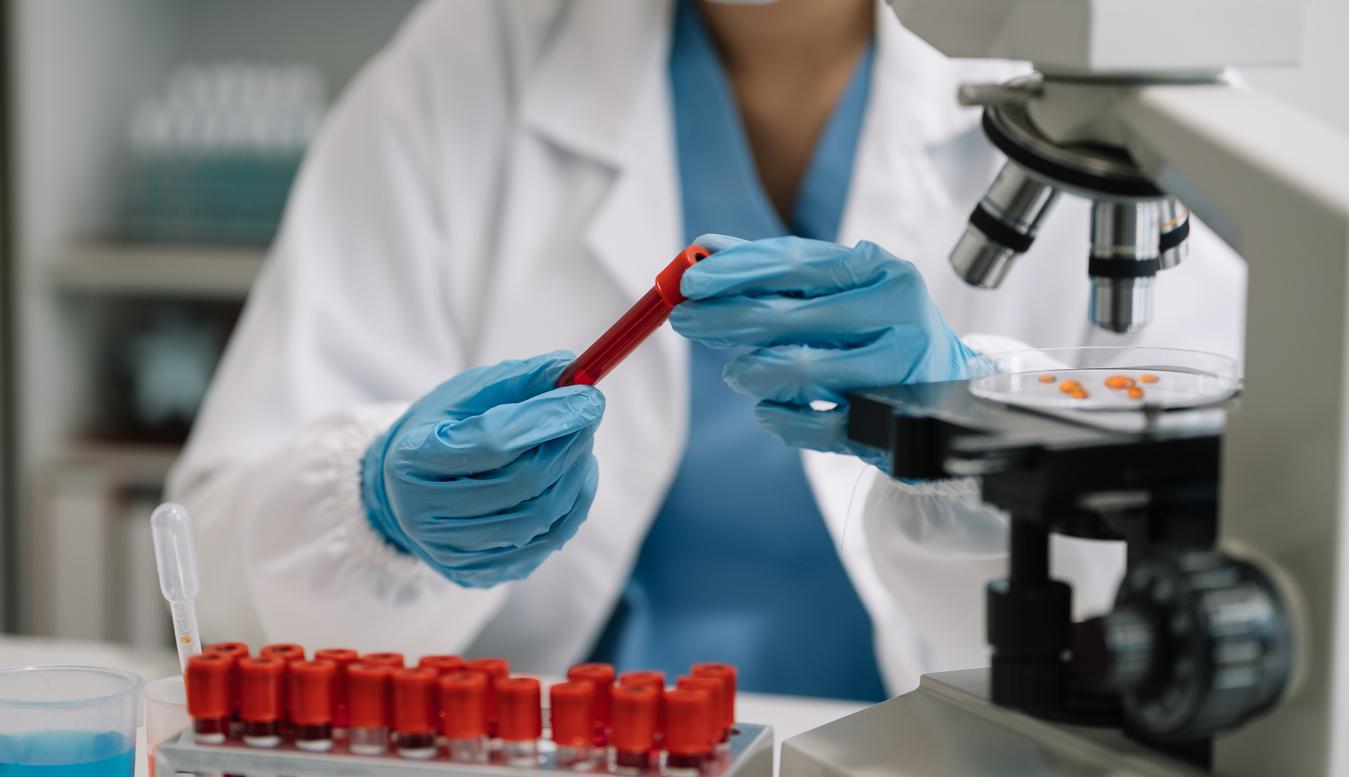The promoter of clinical trials Biotrial is accused of having hidden the side effects of the molecule during the clinical trial. He denies this information in a press release.

After the accusation, the answer. This April 22, Le Figaro affirmed it: laboratories Bial and Biotrial “lied to the volunteers” during the clinical trial which aimed to test a drug developed by the first. Healthy participants “were not informed of the lesions observed in animals” in the preclinical phase trials. One of them died during the study, five others were hospitalized. The investigation is continuing to determine the responsibilities of Bial and the company in charge of the Rennes clinical trial, Biotrial. The latter refers to the authorities and “awaits in confidence the results of the various investigations in progress”.
Biotrial defense
Le Figaro relies on the information letter and the consent form for healthy volunteers, the documents provided to applicants for the phase I clinical trial, which he allegedly obtained. It would be noted there that the preclinical studies “did not reveal any effect on the behavioral state, on the gastrointestinal transit and on the renal function”. However, this assertion is contradicted by the temporary specialized scientific committee (CSST), appointed by the National Medicines Safety Agency (ANSM). The CSST had in fact noted brain damage in rats and primates, and lung damage in dogs, for high doses of the molecule tested.
Bial immediately denied the information in a statement, saying that “Biotrial did not lie or hide anything from the volunteers.” The Rennes laboratory drives the point home in a press release and specifies that it did not have access to the content of the pre-clinical phase trials. On the other hand, he received an “investigator brochure, in which appears a summary of these preclinical tests”, written by Bial.
The press release also relies on the ANSM concerning the authorization to conduct the tests on humans. “It is not up to Biotrial, which does not have the means, to question the certificate issued at the end of the toxicology studies,” we read. On the basis of the authorization that was issued, Biotrial carried out the tests in strict accordance with the Bial laboratory protocol, validated by the ANSM. As for the various forms, they have been validated by the Committee for the Protection of Persons (CPP), adds the laboratory.
A history of doses
With AFP, the defense is more precise. During preclinical studies on the molecule, “there were no proven neurological risks compared to the doses given to the testers”, insisted the general manager of Biotrial, François Peaucelle, interviewed Friday by the press agency.
Those responsible for the trial defend themselves by playing on the doses. The principles are however clear: “a research cannot be carried out without information of the person on which the test is carried out and without it having given its free and informed consent”, one can read on a document emanating from the LEEM, the union of drug companies. “Before accepting or not accepting to participate in a clinical trial, the person is informed by the doctor who directs the trial, the investigating doctor or a doctor representing him. The information must be objective, fair and understandable by the subject. All these data are summarized in a written information document given to the person whose consent is requested. “
Justice takes its course
A commitment that seems to have been forgotten, at least in part, during the Rennes test. This week, the very day of the release of the final report drawn up by the ANSM expert committee, highlighting major flaws, the French drug agency was the subject of a search as part of investigation. The existence of an internal and confidential note from the ANSM evoking the alert of an assessor on toxic effects on the nervous system of animals subjected to preliminary tests could have justified this search.
“The information contained in this note casts serious doubt on the merits of the authorization to continue testing this molecule on humans,” said Tuesday in a press release Me Jean-Christophe Coubris, lawyer for the family of the deceased patient, who welcomes this search with “satisfaction”, hoping “that through this process of justice will emerge a truth that is far more coherent than the conclusions presented by the experts”.
.







